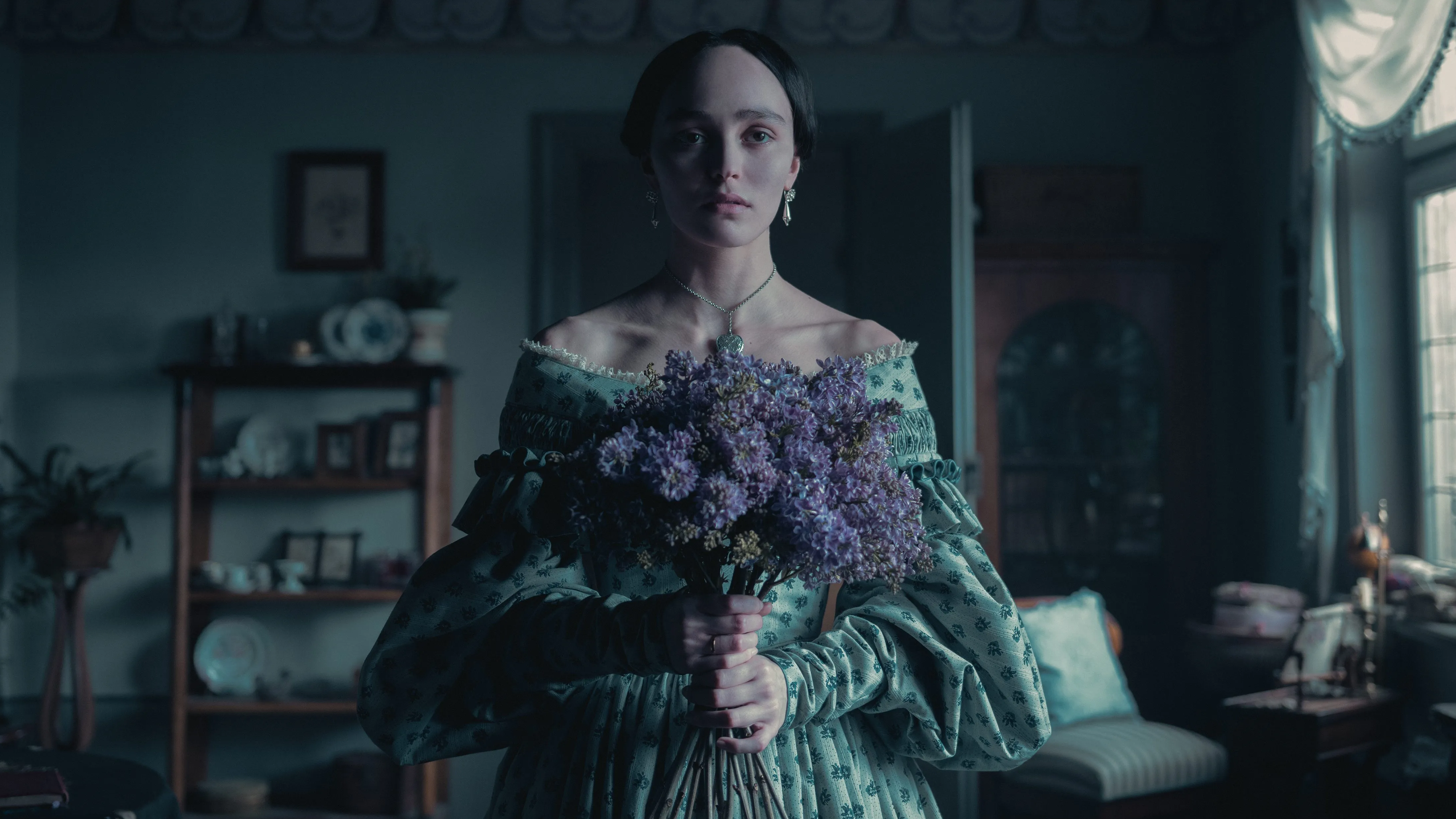These 15 actors gave their best performances in horror movies – from Hereditary to Get Out. A look at how the genre brings out the most unforgettable acting moments in film.
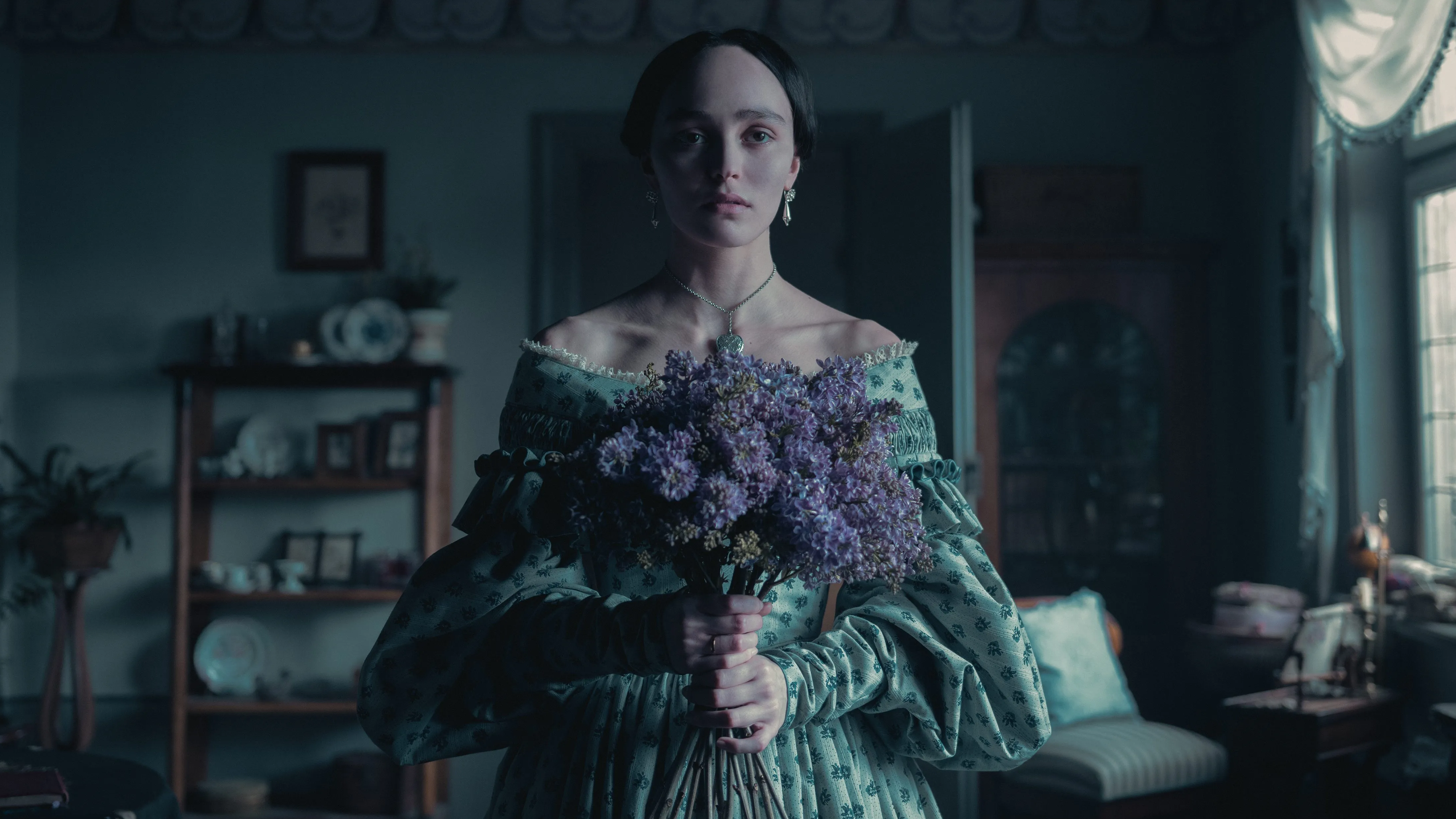
Horror movies have long been underrated – often dismissed as pure entertainment or a vehicle for cheap thrills. Yet time and again, the genre has proven to be a stage for some of the most intense and emotional acting in film history.
From Toni Collette’s devastating turn in Hereditary to Daniel Kaluuya’s breakout performance in Get Out, these 15 actors delivered career-defining roles that showed just how powerful and transformative horror can be. Their performances remind us that fear, when done right, can reveal the deepest corners of the human experience.
Lily-Rose Depp – Nosferatu (2024)
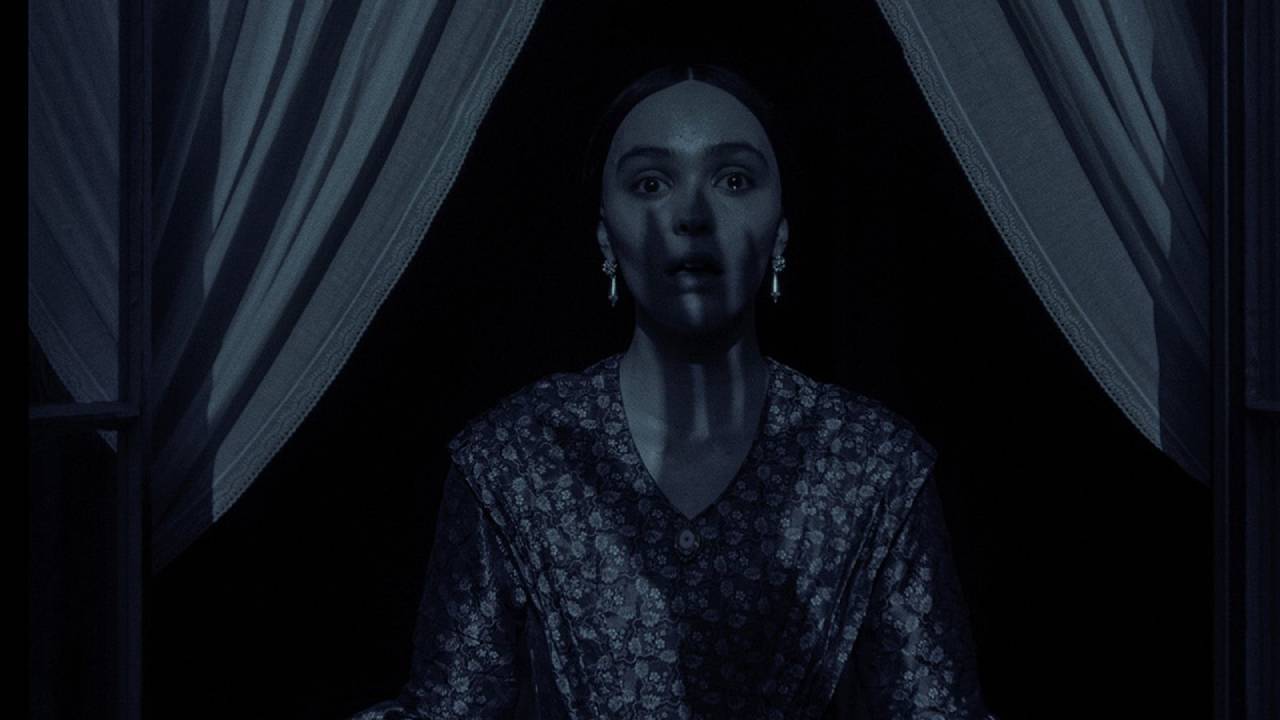
Let’s be honest: it takes guts to step into a gothic nightmare directed by Robert Eggers, but Lily-Rose Depp makes it look like she was born under a flickering candlelight. Her performance in Nosferatu walks that eerie line between innocence and doom – you never quite know whether to fear for her or fear her. It’s the kind of acting that doesn’t scream; it whispers and still gives you chills. Depp channels something haunted, tragic, and beautifully restrained, proving that she’s more than just cinematic royalty – she’s a genuine creature of the dark. The camera loves her, but so does the horror, and the two make a dangerous pair. If this movie doesn’t cement her as a modern scream icon, nothing will.
Demi Moore – The Substance (2024)
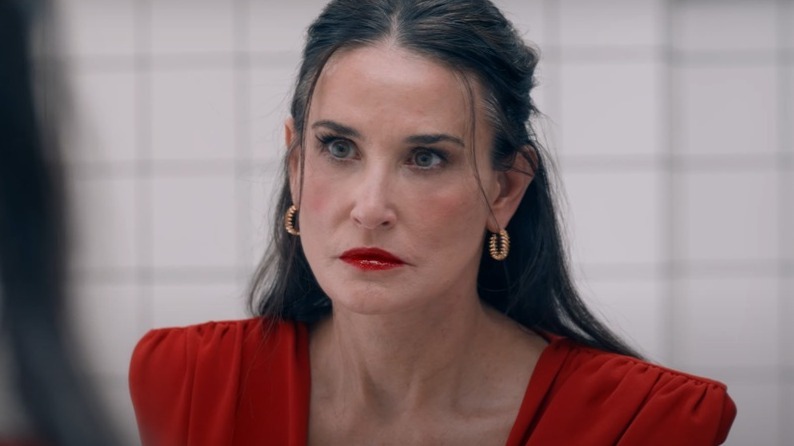
There’s no world in which anyone could’ve predicted that Demi Moore would stage her comeback inside a pulsating, blood-soaked body horror satire – but The Substance does exactly that, and she’s magnificent. Playing Elisabeth Sparkle, a has-been starlet clawing her way back to relevance, Moore delivers one of those performances that’s equal parts terrifying and tragic. She’s unflinching, funny, and occasionally grotesque – which, honestly, makes her even more magnetic. You can see her using every ounce of her movie-star past to feed the monster of this film, both literally and metaphorically. It’s a fearless, self-aware performance that proves Moore’s still got more fire (and nerve) than most of Hollywood. Consider this her most daring role yet – and possibly her best.
David Dastmalchian – Late Night With the Devil (2023)
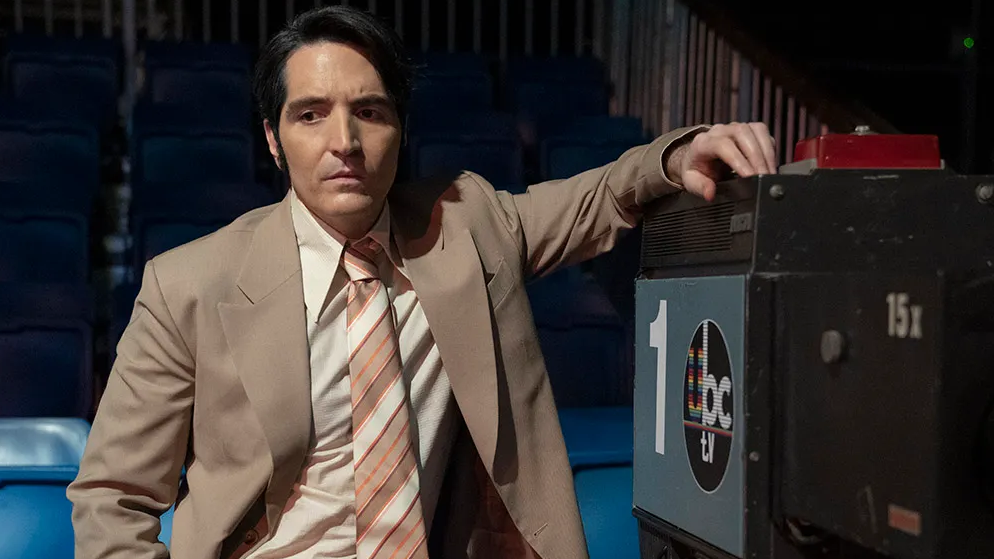
You know an actor’s doing something special when he makes you feel sorry for a talk show host literally flirting with demonic possession on live TV. In Late Night With the Devil, David Dastmalchian takes his usual offbeat intensity and shapes it into something heartbreakingly human. His Jack Delroy is desperate for ratings, yes, but he’s also just a man cracking under grief, ambition, and showbiz rot. What makes Dastmalchian’s performance brilliant is how he keeps you rooting for him even as the chaos unravels – his charisma flickers like bad studio lighting, and you can’t look away. It’s rare to see a horror lead who’s both tragic and terrifying, but Dastmalchian makes it feel effortless. Somewhere, late-night TV is taking notes.
Florence Pugh – Midsommar (2019)
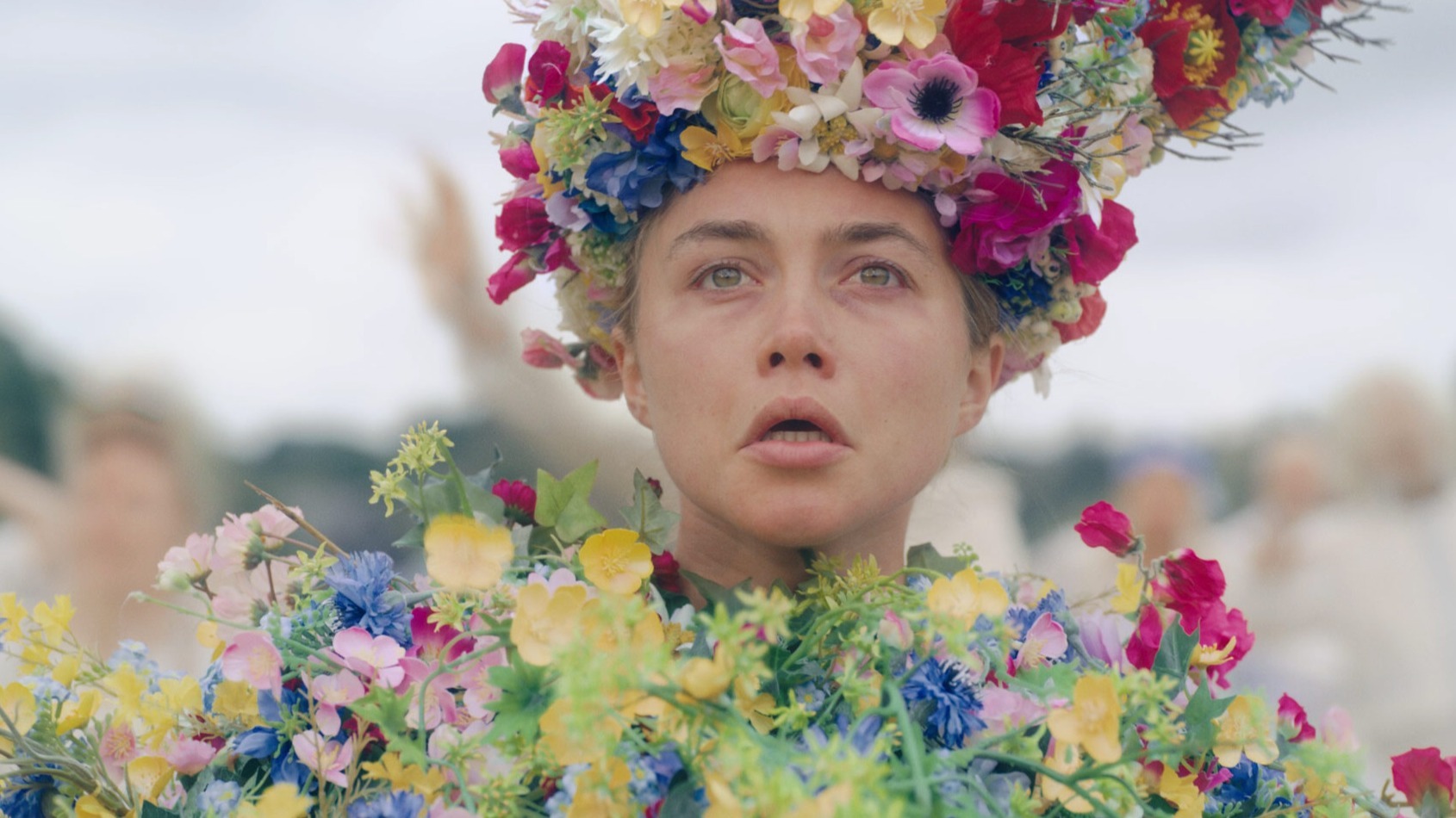
Some actors cry on cue. Florence Pugh in Midsommar makes grief feel like an Olympic event. From her first sob to that now-iconic flower crown finale, she delivers a performance that’s as raw as it is hypnotic. Dani’s emotional unraveling isn’t a straight descent – it’s a sun-drenched spiral, and Pugh manages to make every beat of it feel painfully real. She turns an existential breakup into a folk-horror fever dream, and somehow, you understand every decision she makes, even the insane ones. It’s one of those performances that’s not about surviving the horror but becoming part of it. The film may be bright, but Pugh’s darkness steals every frame.
Toni Collette – Hereditary (2018)
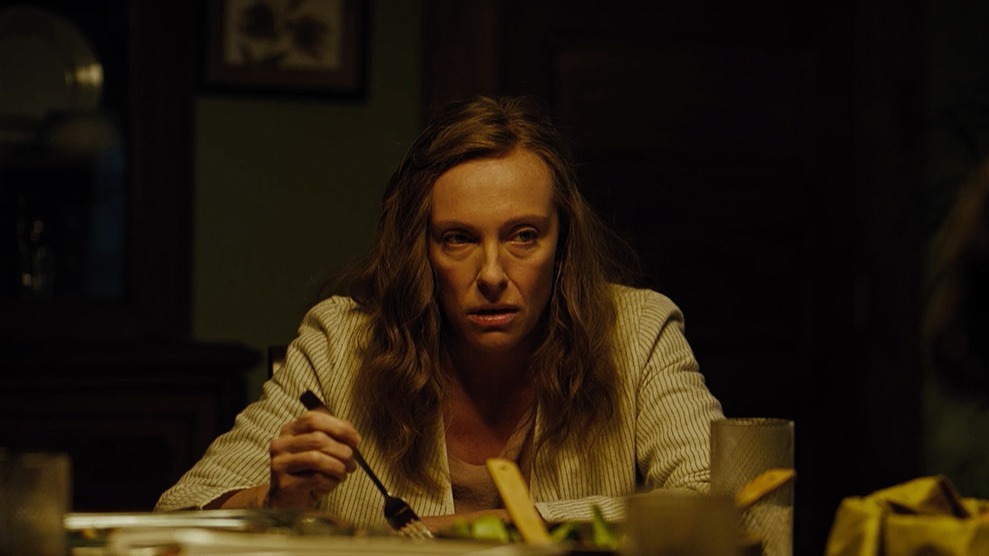
At this point, calling Toni Collette’s Hereditary performance “intense” feels like an understatement – it’s practically its own natural disaster. She doesn’t just play grief; she weaponizes it. One minute she’s sobbing in the shadows, the next she’s howling like some wounded deity, and somehow, it all feels painfully believable. Collette’s Annie is the kind of character that makes you rethink what “family drama” means, because every argument feels like a ritual and every silence feels like a curse. The horror works because she sells it – the fear, the rage, the total loss of control. It’s not just a performance; it’s an emotional exorcism.
Daniel Kaluuya – Get Out (2017)
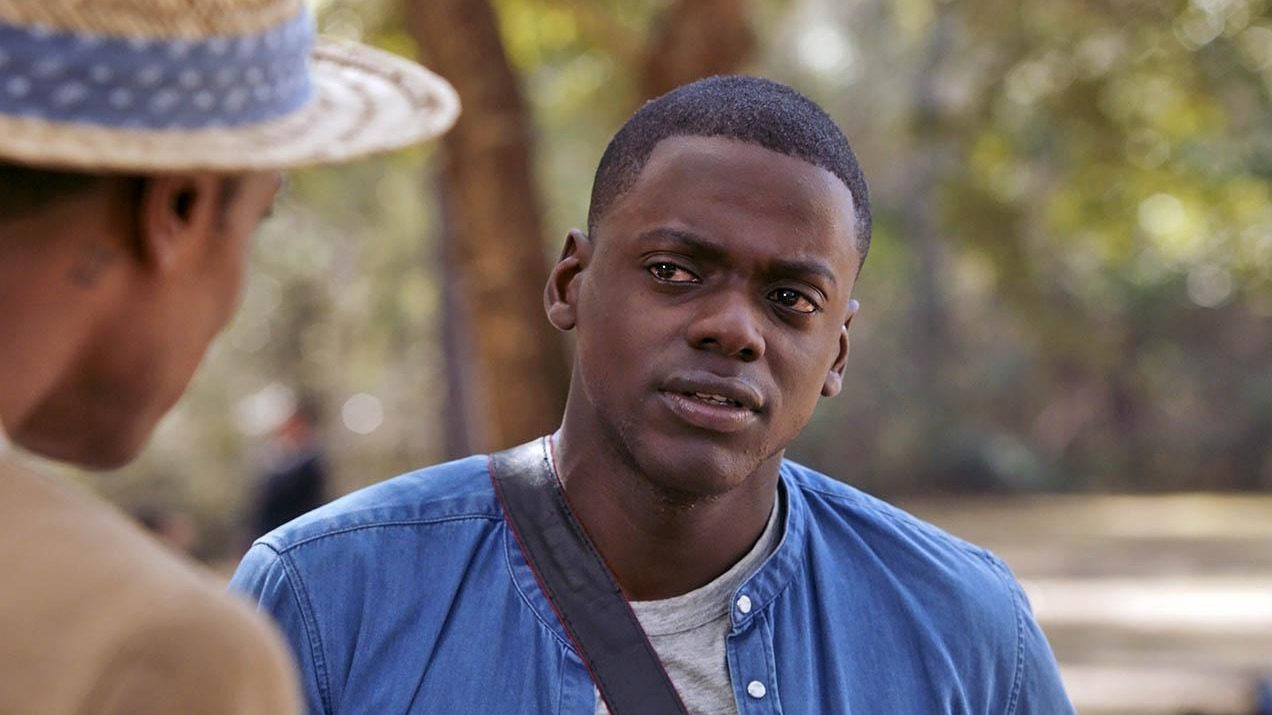
There’s no polite way to say it – Daniel Kaluuya carries Get Out like his sanity depends on it, and maybe it does. He plays Chris with this quiet, coiled energy that builds until you can practically feel the tension in your own body. Every raised eyebrow, every forced smile – it’s like he’s performing for his own safety, and Kaluuya nails that social terror with surgical precision. When the movie finally snaps, he does too, and it’s one of those moments that feels instantly iconic. He’s terrified but never powerless, a balance that gives the film its edge. Kaluuya didn’t just survive horror – he redefined it, making Get Out as much a psychological showcase as a genre game-changer.
Christian Bale – American Psycho (2000)
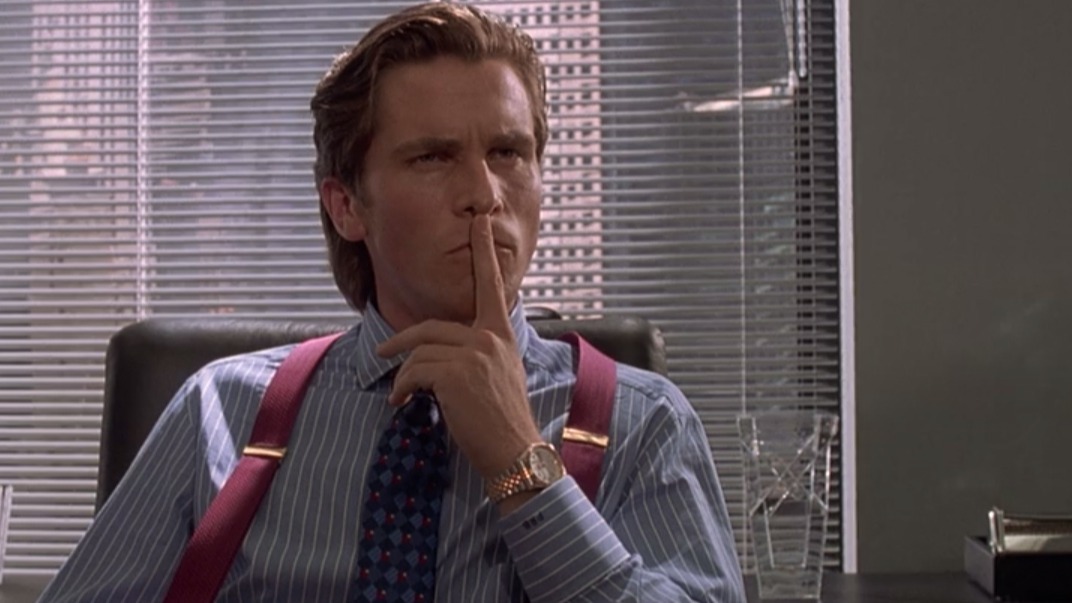
If horror had a charm competition, Christian Bale’s Patrick Bateman would win – right before killing the judges. American Psycho gave Bale the role of a lifetime, and he ran with it like a maniac in designer shoes. His performance is absurd, terrifying, hilarious, and disturbingly smooth, often all in the same scene. Bale nails that yuppie sociopathy so perfectly that you can’t decide whether to laugh or hide. What makes it genius is the commitment – he plays Bateman like a man auditioning for his own existence, desperate to be seen, even when covered in blood. The movie’s satire works because Bale goes all in, giving us a performance that’s as polished as it is deranged.
Neve Campbell – Scream (1996)
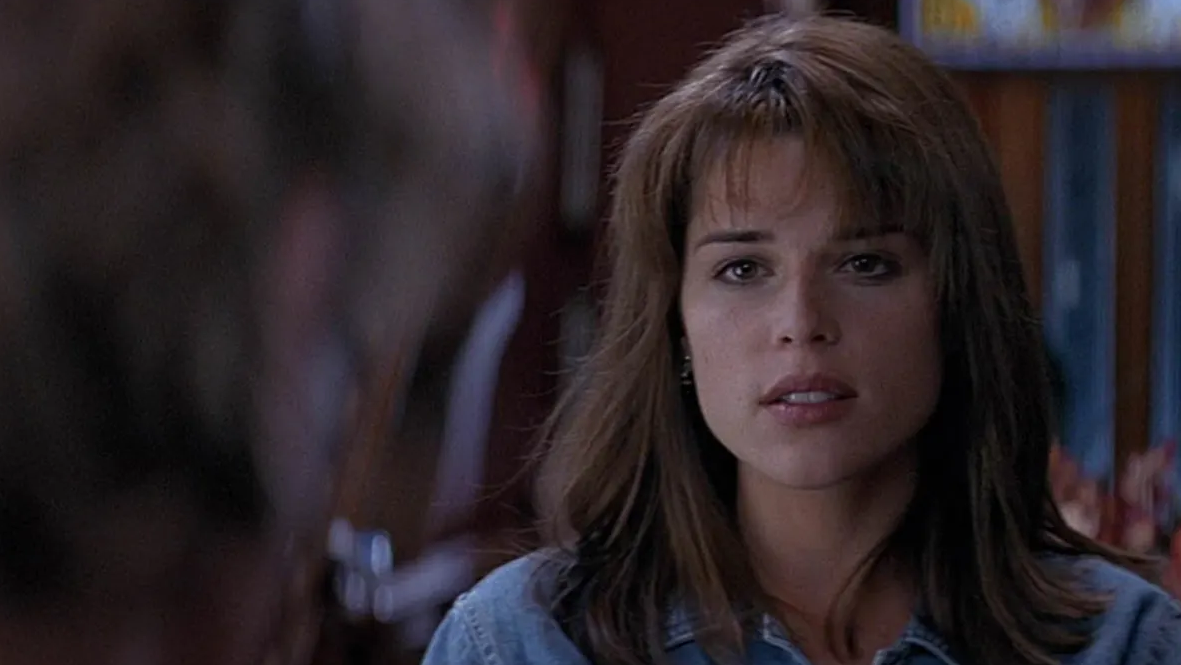
If horror had a final girl hall of fame, Neve Campbell would be its MVP – and Scream is where she earned her crown. Sidney Prescott could’ve been another victim on the chopping block, but Campbell turned her into something smarter, tougher, and far more self-aware. Her performance walks that perfect line between vulnerability and ferocity – she’s terrified, sure, but she’s never stupid about it. You can almost see her processing the movie’s meta jokes in real time, which makes every decision feel human and earned. There’s a reason she became the blueprint for modern horror heroines: Sidney fights like she’s been through this before – and by the sequels, she basically has.
Jodie Foster – The Silence of the Lambs (1991)
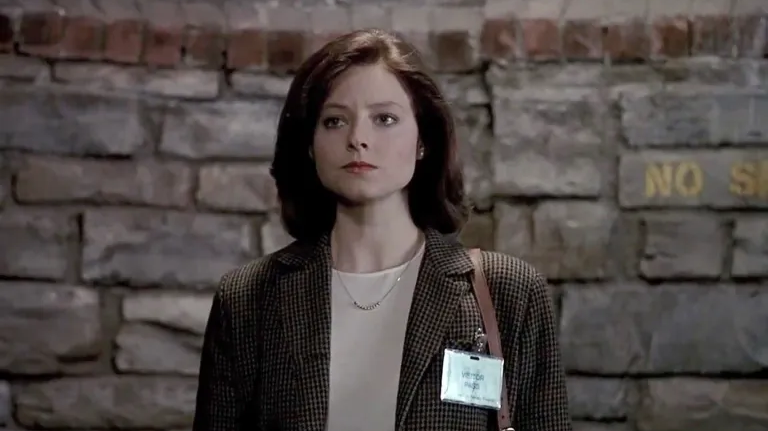
Some performances creep under your skin without ever raising their voice – Jodie Foster in The Silence of the Lambs does exactly that. As Clarice Starling, she turns quiet determination into something magnetic, matching wits with Hannibal Lecter while barely flinching. It’s not bravado that makes her unforgettable; it’s control. Every pause, every glance, every flicker of fear feels earned and human. Foster builds a character who’s both vulnerable and razor-sharp, someone learning to face her own monsters while tracking others. It’s the kind of performance that defines a career and a genre all at once – chilling, empathetic, and quietly fearless.
Kathy Bates – Misery (1990)
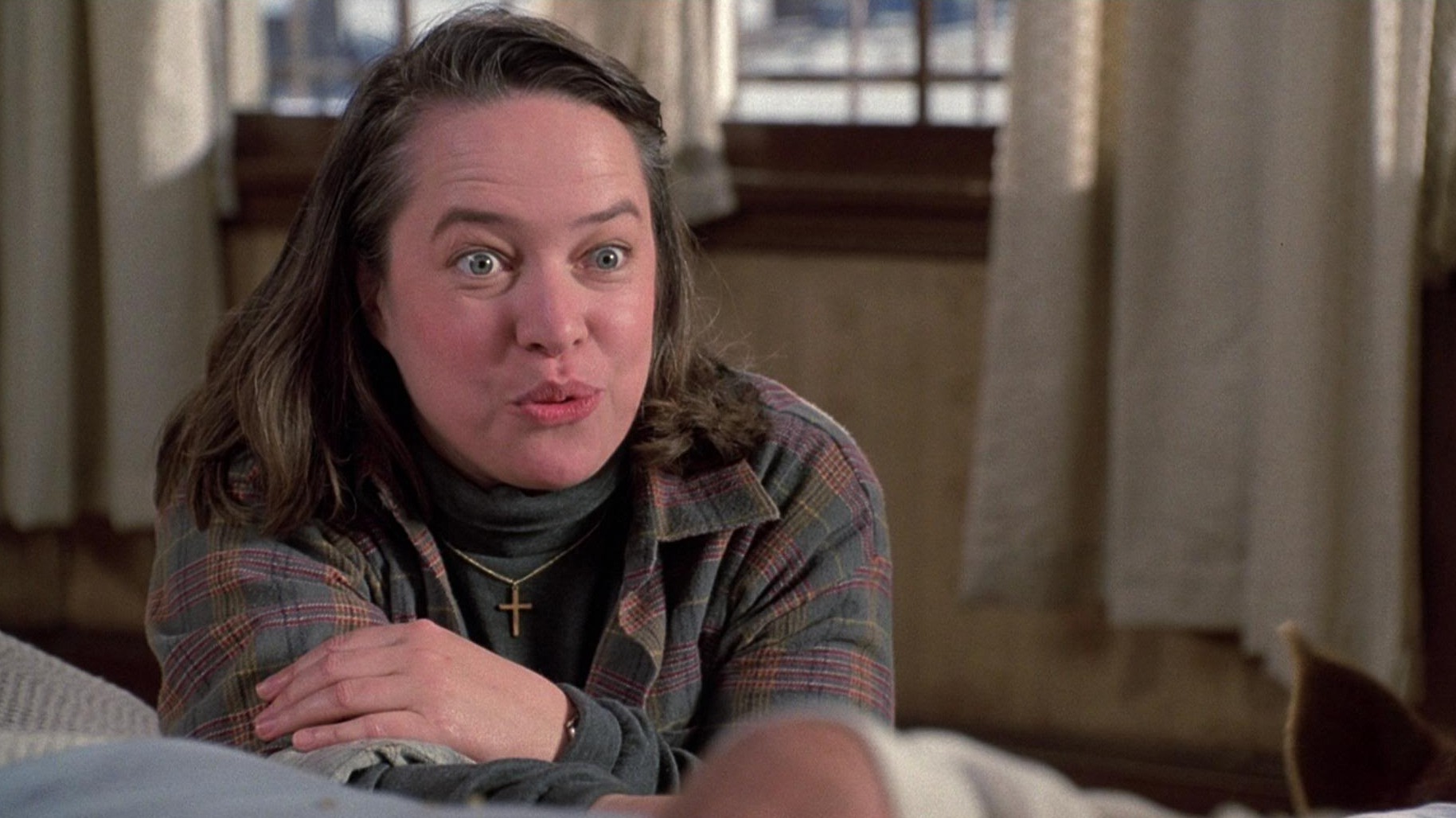
Only Stephen King could dream up a character like Annie Wilkes – and only Kathy Bates could make her unforgettable. In Misery, she turns a simple “number one fan” into one of cinema’s greatest monsters, equal parts nurturing nurse and nightmare fuel. Bates’ performance is chilling because she never plays it as pure evil – she’s chipper, polite, even funny, until she’s not. And that switch, that moment her face drops and the hammer comes out, is a masterclass in how to terrify without raising your voice. The brilliance is in the restraint; she doesn’t chase chaos, she controls it. The result? An Oscar, a cultural landmark, and a performance that still makes writers lock their doors at night.
Shelley Duvall – The Shining (1980)
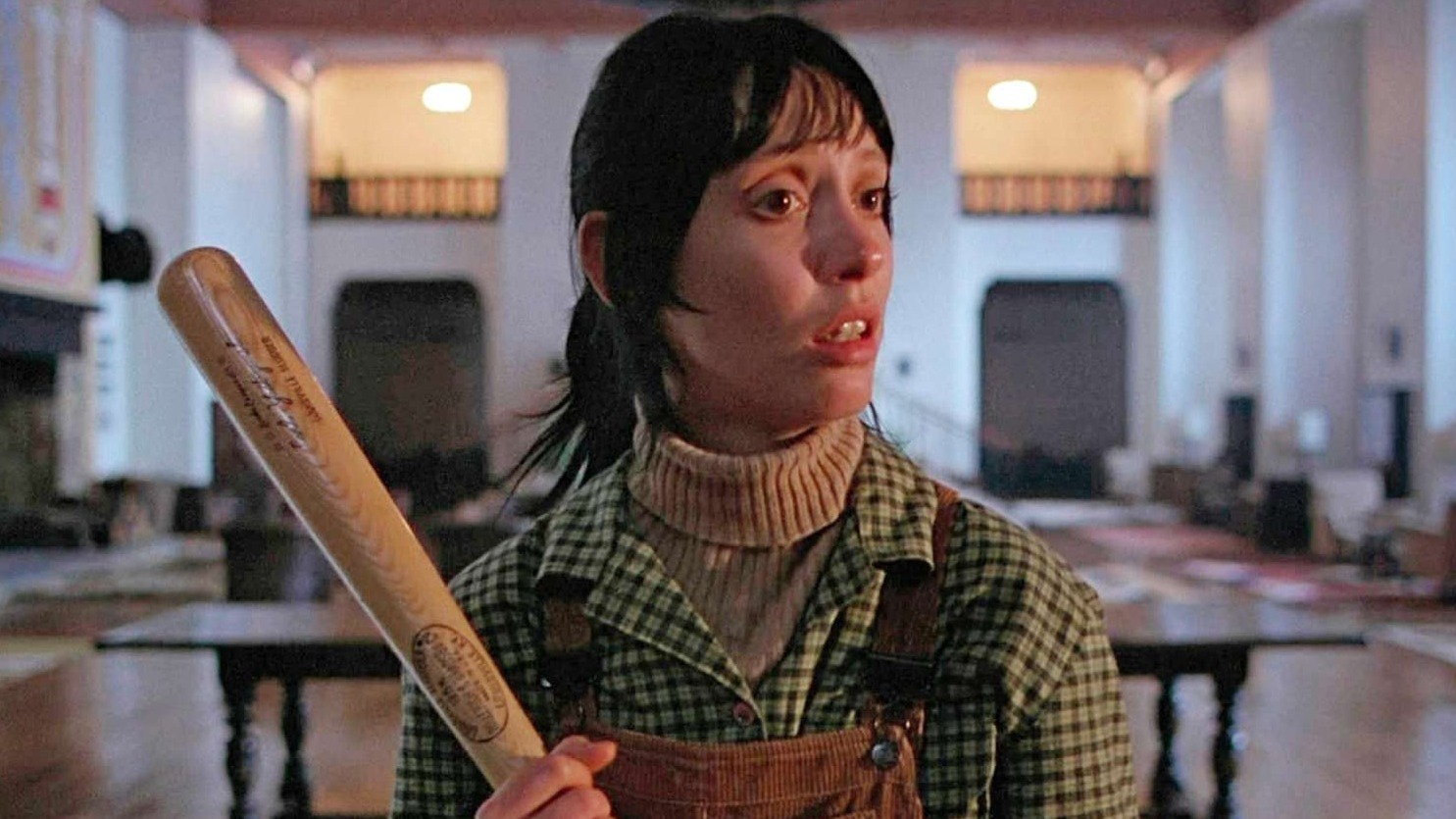
You can’t talk about emotional endurance in horror without talking about Shelley Duvall in The Shining. Her Wendy Torrance is raw nerve and maternal panic all wrapped into one trembling package – and Duvall makes that terror real. She doesn’t perform fear; she lives it, to the point where you start feeling protective of her through the screen. There’s something almost too human about the way she unravels, like we’re watching someone genuinely trying to hold it together while everything around her collapses. The hysteria, the heartbreak, the disbelief – Duvall threads them together with heartbreaking precision. She’s the fragile heart of a cold, immaculate nightmare.
Sigourney Weaver – Alien (1979)
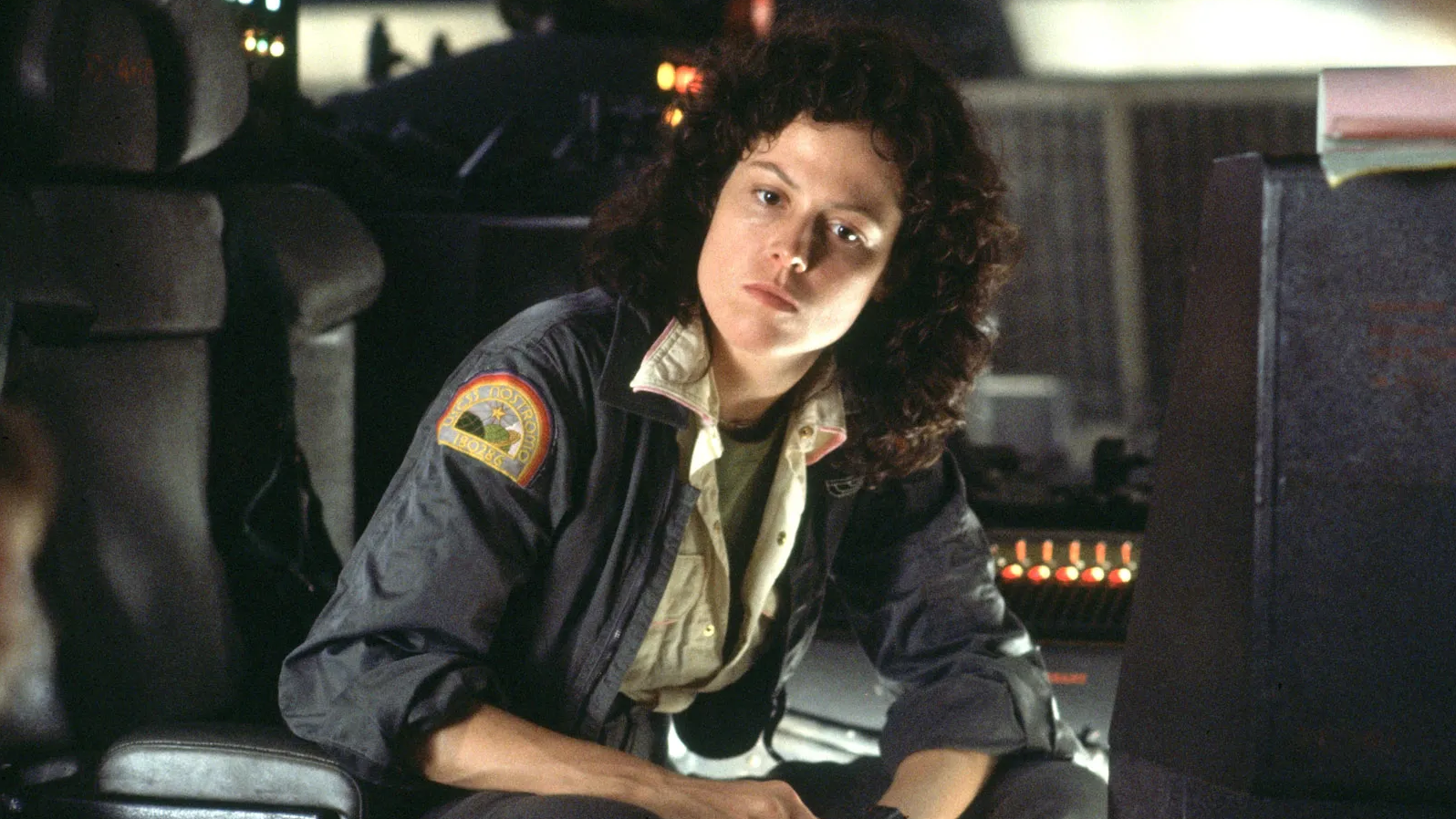
There’s something poetic about Sigourney Weaver accidentally redefining what a horror hero could look like. Alien starts as a claustrophobic sci-fi thriller, but by the end, it’s her show – Ripley versus the perfect organism, and Weaver makes you believe she can win. What’s wild is how grounded she keeps it; she’s not playing a superhero, she’s a professional doing her job, and that’s what makes her so easy to root for. You feel her exhaustion, her frustration, her sheer survival instinct – she’s not fearless, she’s just not willing to die quietly. Weaver brought realism to a genre that usually doesn’t have room for it, and the result was pure legend.
Sissy Spacek – Carrie (1976)
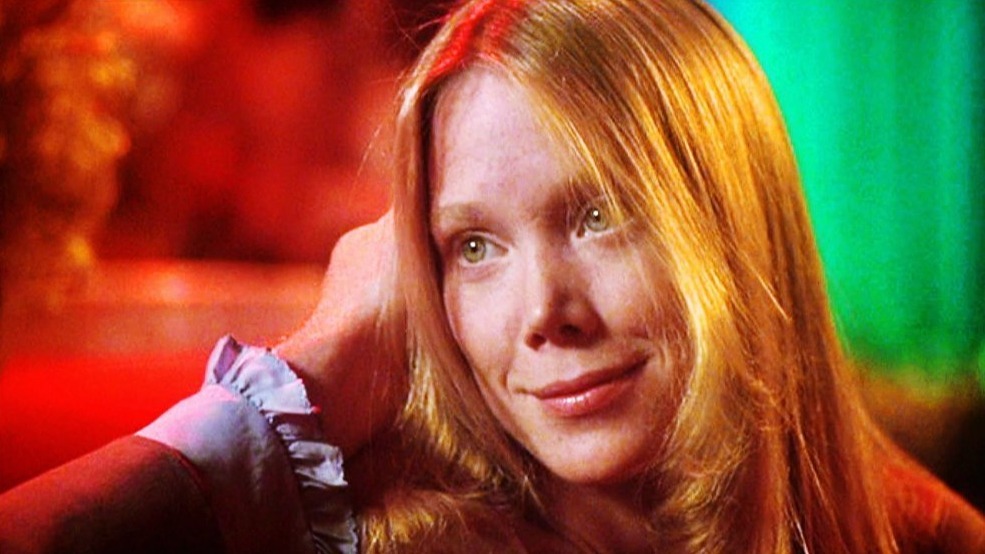
Before there were prom queens covered in blood, there was Sissy Spacek – and Carrie made sure no one ever forgot her. She plays the role with this unnerving blend of sweetness and sorrow that makes her eventual eruption all the more devastating. You pity her, you root for her, and when she finally snaps, you understand her completely. Spacek gives Carrie a humanity that turns a simple revenge story into a tragedy, and that’s why it still stings decades later. The final act is pure chaos, but her face – drenched, calm, and done with it all – is horror history. It’s rare to see rage look that holy.
Linda Blair – The Exorcist (1973)
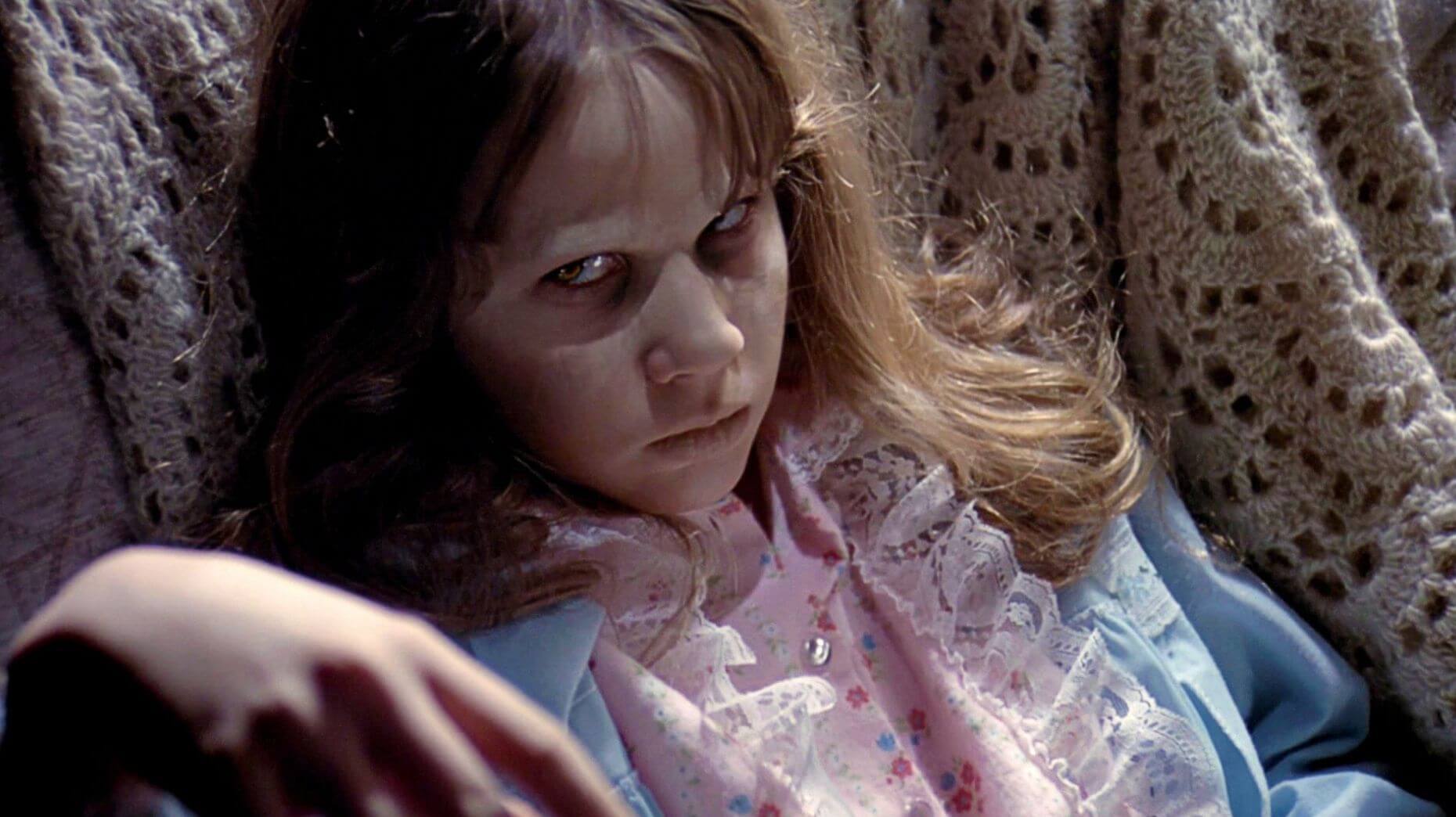
There are child performances, and then there’s Linda Blair in The Exorcist. She didn’t just act possessed – she made the entire world believe in demons for a decade. Playing Regan MacNeil, Blair switches from innocence to pure nightmare fuel with a level of conviction that’s still jaw-dropping. The physicality, the voice work, the sheer commitment at such a young age – it’s almost hard to believe a 13-year-old pulled that off. The result isn’t just shocking; it’s deeply unsettling because she never loses the humanity under the horror. Even when she’s snarling obscenities and spinning her head, you still see the little girl trapped inside. That’s why it still works.
Anthony Perkins – Psycho (1960)
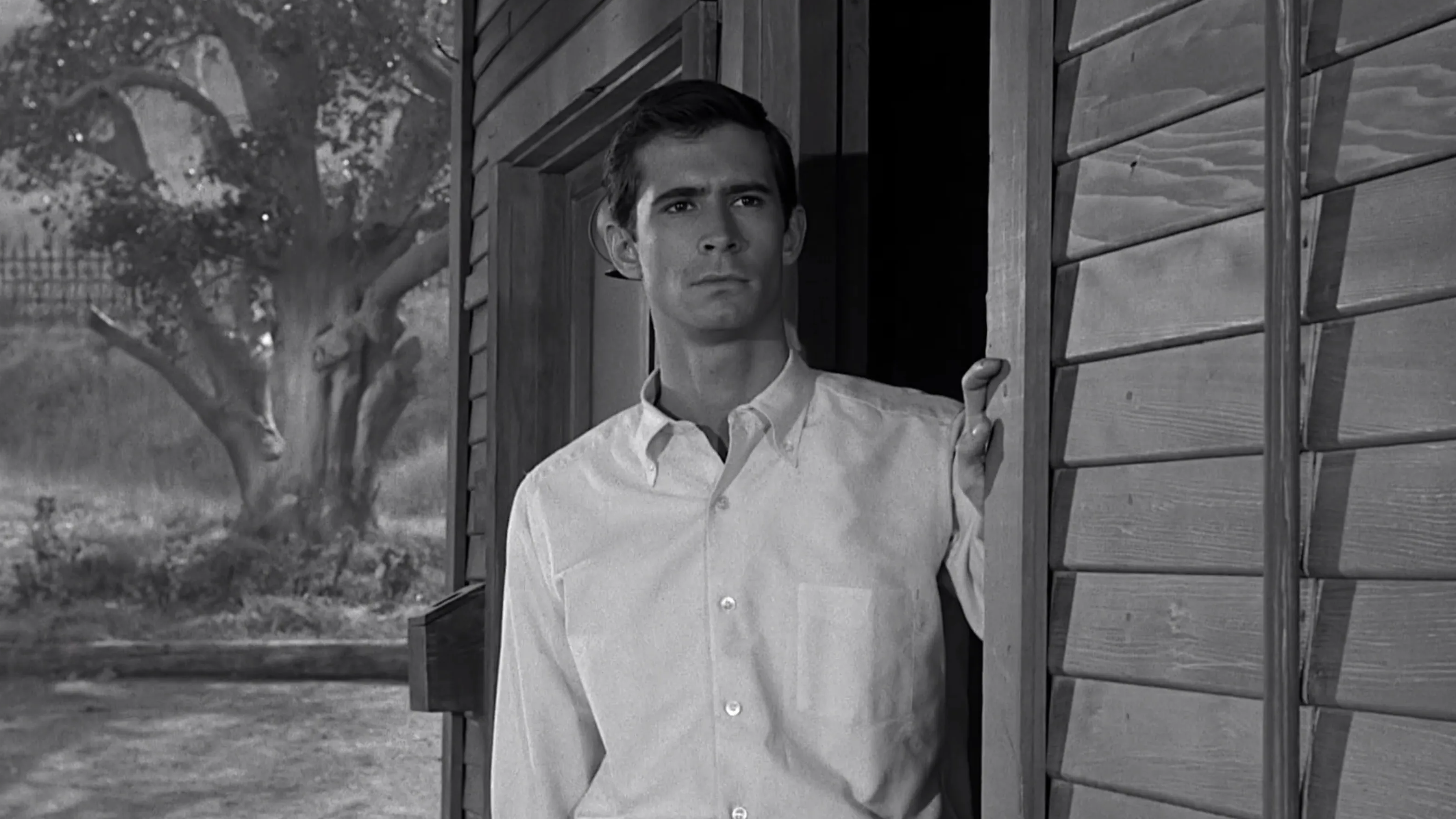
Anthony Perkins didn’t just play Norman Bates – he redefined cinematic fear while wearing a polite smile. In Psycho, he turns the idea of a villain inside out, giving us someone so timid, so gentle, you almost trust him right up until the knife comes out. Perkins’s genius is in the subtlety: the shy laughter, the soft voice, the nervous gestures that hide something much darker. It’s the kind of performance that sneaks up on you, because you don’t realize how unsettling he is until it’s far too late. What he created wasn’t just a killer – it was a character study in repression, guilt, and madness. Six decades later, Norman Bates still feels frighteningly real.


































